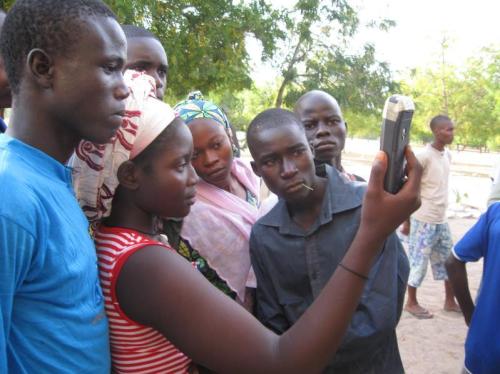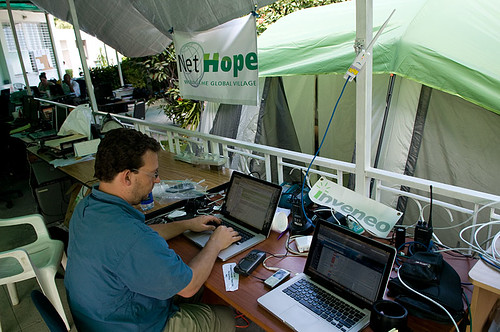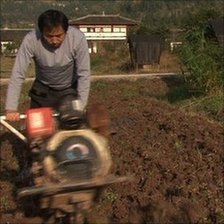Ange is a teacher at the Rubona Public School living too far from the nearest branch of the Rwandan Teachers’ Credit and Savings Cooperative, or the Umwalimu SACCO, to receive her monthly salary.
She relies on her payment each month to put food on the table.
To resolve this problem, Umwalimu SACCO announced last month commencing a mobile money transfer service to pay members living in areas where the cooperative has no branches.
Currently, the cooperative has 16 branches countrywide, with about 57, 000 members.
Teachers living in rural areas similar to Ange, complain of having to trek long distances to access their salaries and loans, which is costly and time consuming, so SACCO decided initiate a mobile money transfer system.
Umwalimu SACCO, is a Rwandan cooperative of credit and saving which gives out loans and salaries to teachers, allowing them to set up income-generating activities to complement their measly monthly pay
The typical salary for Rwandan teachers is $40 per month. To supplement this, requests for start-up loans to engage in activities such as making mandazis (donut-like pastries) and selling them to other teachers on school grounds, is standard.
Jean Marie Vianney Nzagahimana, the Chairman on the Board of Directors of the cooperative, recognizes that mobile payments allow teachers to be paid on time, while spurring further economic development and growth.
“We knew about the problem and that’s why we came up with this system to further address teachers’ needs. We cannot do it at once but we will be addressing them beginning with priority areas,” Nzagahimana says.
Although MTN and Tigo are currently offering money transfer services in Rwanda, Nzagahimana said that the SACCO money transfer system is to be implemented in partnership with South African company, MFS. Teachers will be able to get overdrafts through the same process.
The cooperative is also looking to expand beyond merely providing fiscal provisions for the teachers, aiming to meet the demand for new services from one of the biggest cooperatives in the country.
The Umwalimu SACCO cooperative has experienced rapid growth. Their financial assets have nearly doubled in a year from 3b Rwandan franc (Frw) in 2009, to Frw 7.3 billion in 2010.
The cooperatives financial budget for the next fiscal year worth Rwf 11.7 billion, converts roughly to $US 18 million.
“We are committed to at least establish a permanent SACCO office in every district by the end of July,” Nzagahimana asserts “This (is) done to get close to teachers and facilitate access to our services, which we also want to expand beyond financial ones. We are working on one laptop per teacher and solar energy at every teacher’s house.”
The financial services provided by SACCO are encouraging more teachers to educate Rwandan children in the classroom, while the cooperative’s new mobile payment system ensures that educators receive the money they deserve—in the time and place they need it.


















































